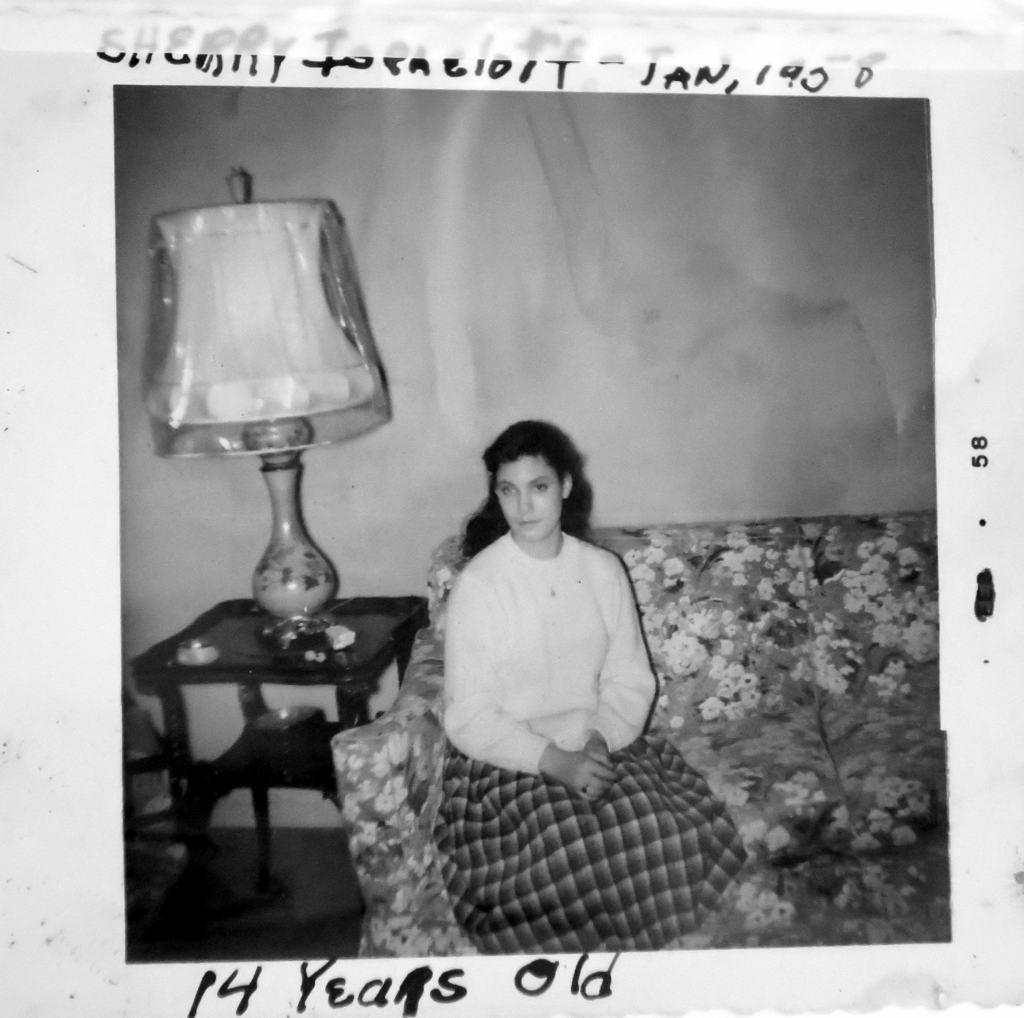
The time in Brooklyn is now:
Tue Apr 22 07:28:33 2025


We endorse the greatest
health and beauty products
and shampoo on the
market -
Maple Holistics
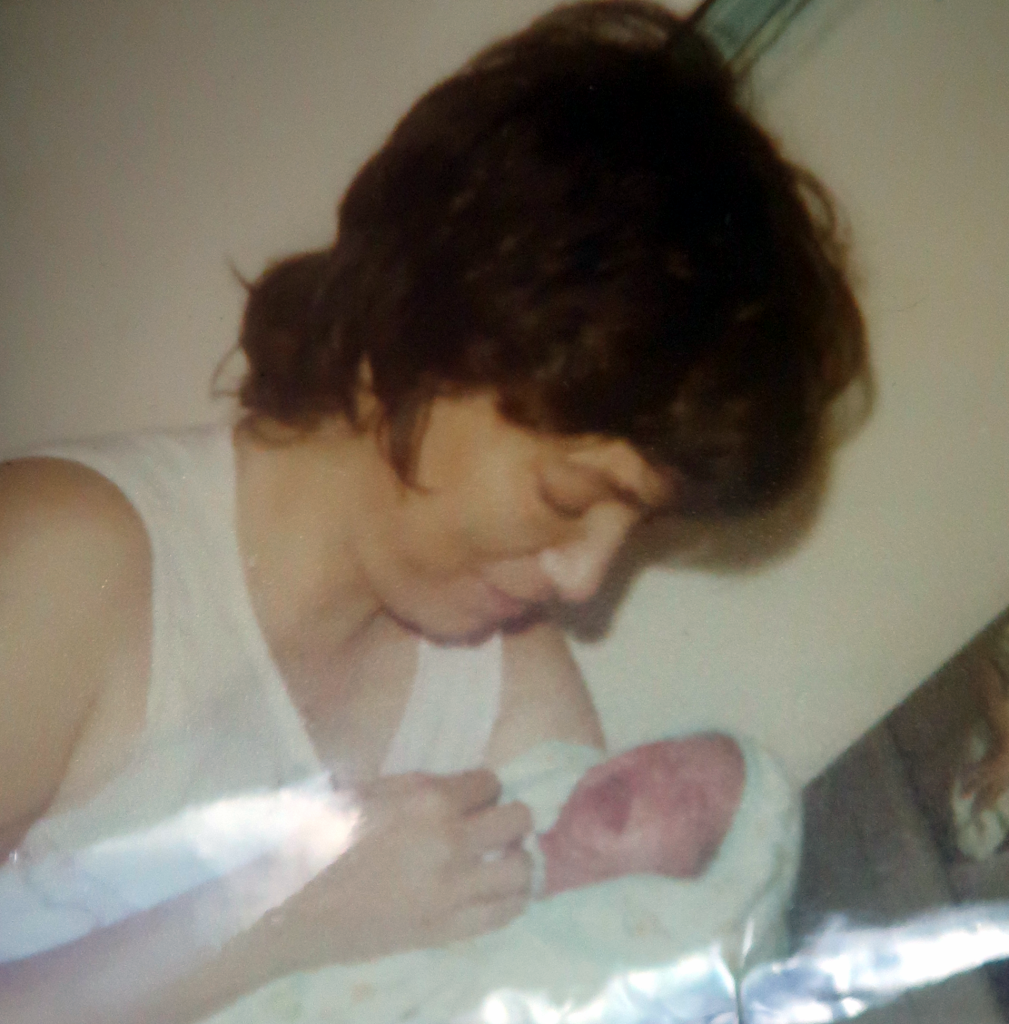
There are so many memories, good and bad, from New York and Florida, and many in Canarsie. She threw me out of the house. Actually it was more accurate to say the Bill, Rani's father, threw me out of the house. She married Bill when I was Bar Mitzvated, that very week, which infuriated my grandmother. Bill was a very moody and brooding force of a personality. Much of his melancholy he blamed on his Vietnam experience and he was a veteran of Vietnam although I was never exactly clear on his role in war. He was a different current from my family, a Hungarian Italian from the steel country of central Pennsylvania. I finished High School young and with no planning or idea of what was ahead of me. My mother put out a map on the kitchen table of all the schools in SUNY and asked me where I wanted to go. IT was the first and only time anyone asked me this question. On the far side of New York State was a school called SUNY Brockport. I had the GPA and academics to go just about anywhere, but I had had it with the zoo in our house, and the ghetto of nearby East New York and the racial violence in the city and I picked the furthest spot away from Brooklyn I could find, knowing nothing about my destination.
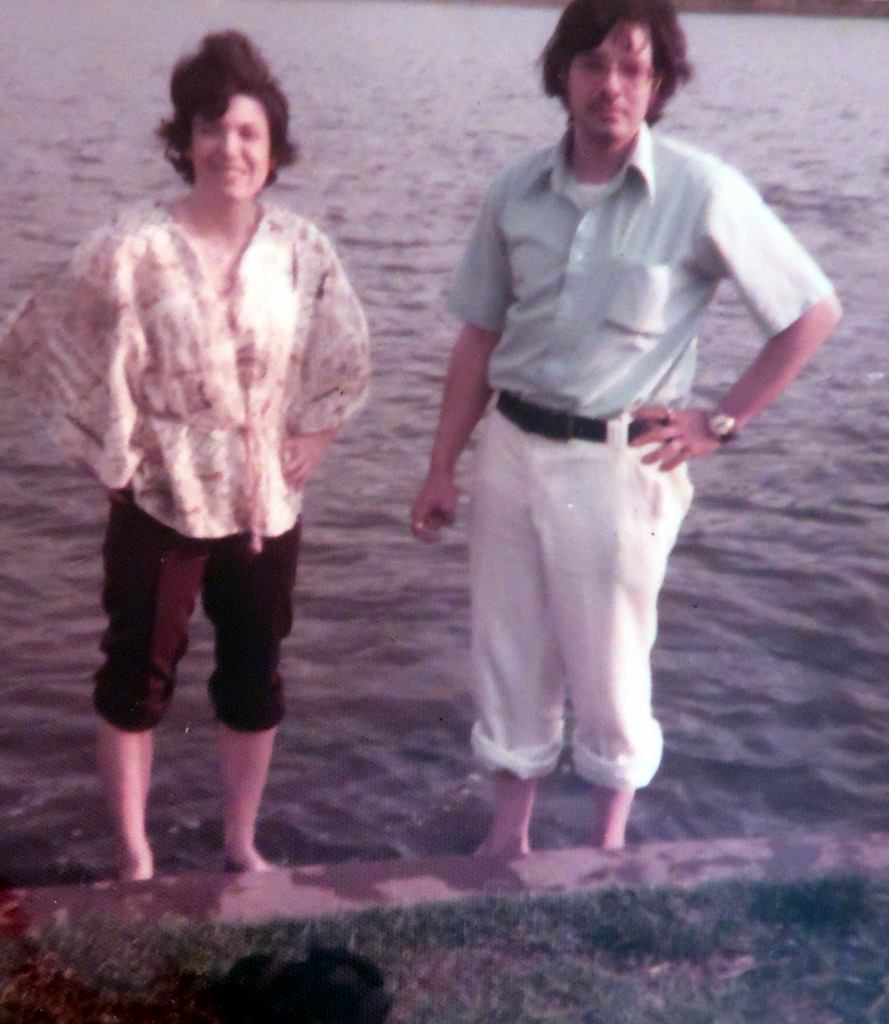
I went to Brockport for a semester and I hated it. I underestimated how much freedom I had as a teenager, hitting nightclubs and jazz clubs throughout the Village. I had the subway as my passage to the world and I managed to hustle just enough pennies to experience much of what bohemian New York of the late 1970's had to offer. In that time period Bill and my mother managed to put enough pennies together to buy a house on Avenue L and East 91st street. That was deep in the Italian side of Canarsie. They brought that house with zero plan for me to be there. But in 4 months after leaving for the wild west, I packed up and headed back to Brooklyn and moved back into the house.
They had no room for me and I was holed up in the front foyer of the house between the front door and the living room. In retrospect, the house it was very similar to the house we lived in on East 15th Street with the children and Ellen. I met a young women at Brooklyn College named Lana Friedman. She was a special girl and we had a great time. But it was more than Bill could take as his relationship with my mother was reaching a very rocky phase. Within a few weeks, in the heat of a fight with Bill, Lana says, "You don't have to put up with this shit, come live with me." And like an idiot, I packed up and followed her. She really didn't like me though and she had her share of cognitive dysfunctions that I wasn't completely aware of at the time, and at the age of 16 I ended up on the street, essentially near homeless.
Buy the summer of 1981 I was out of options and Mom moved to Starrett City. She wouldn't let me in the house. In fact they bolted the door shut. I took care of her multiple times in my life as she suffered hospitalizations and yet I ended up on the wrong side of the door. After consulting with my Grandfather in his shop on the Junction, I finally joined the US Army, with a new plan to become a Pharmacy Tech and then go to Pharmacy School. I met my wife, Ellen, in AIT at Fort Sam in San Antonio, and came home from the Army, and finally ended up with my grandparents, who were the only ones willing to take me in.
So if you read this far, this is where the story starts to get interesting and to the point. My grandmother and mother had very similar body gestures and compatible personal habits. They both loved the telephone. People who live in the current era have no idea what the phone means. Within the privacy of your home when the phone rang it was a pregnant moment full of anticipation. All bad news came through the phone and all the great life events often started with the telephone ringing. You had telephones and doorbells.
If you were lucky the phone ring would bring a friends loving voice and when that happened for Esther and for Sherry, they could hang on the phone for hours. They entered into a zone where the outside world was largely shut out and all that mattered was the conversation on the phone. Onlookers could only be privileged to hear half the conversation. It provided great theatrics. With the phone wire now as a prop, they would twirl around, and swing back and forth, and if they were really happy, we reach a point in the conversation where they would knock on the doorway with a three forceful raps on the wooden doorway and shout "Knock on Wood!", the universal pray for all good luck!
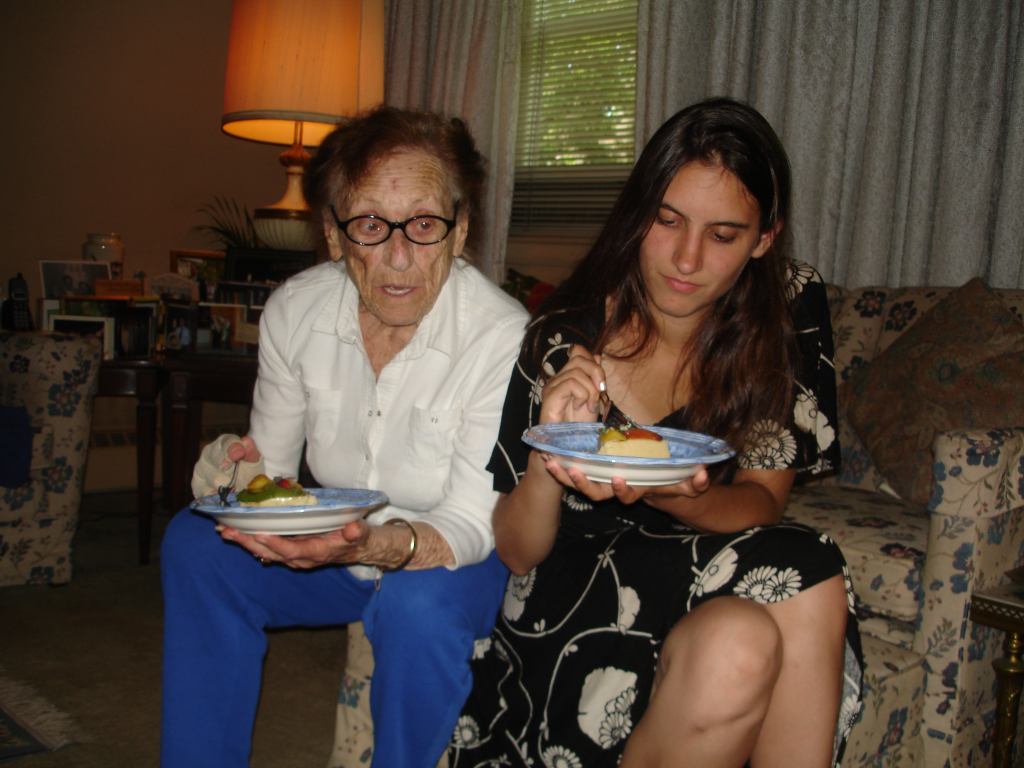
So, after settling into my Grandmothers house for a few few days upon my return from the Army, the phone rings and Esther picks it up. She say in her squeaky wilting voice, "Hello Sherry...". I could hear my mother chirping on the phone which meant that she was upset. My Grandmother glares out at me in the living room, and she sat on the floor, squatting and listening as her face melted. She stood up and said forcefully, "I am not stealing you son from you Sherry. Come pick him up if you want him." My mother in frustration of her own irrationality, slammed the phone on the hook and even I could hear the click from 15 feet away. Esther was so exasperate. This epitomized much of our relationship. My mothers love was never in doubt. She ability to act on it, on the other hand, was profoundly problematic.
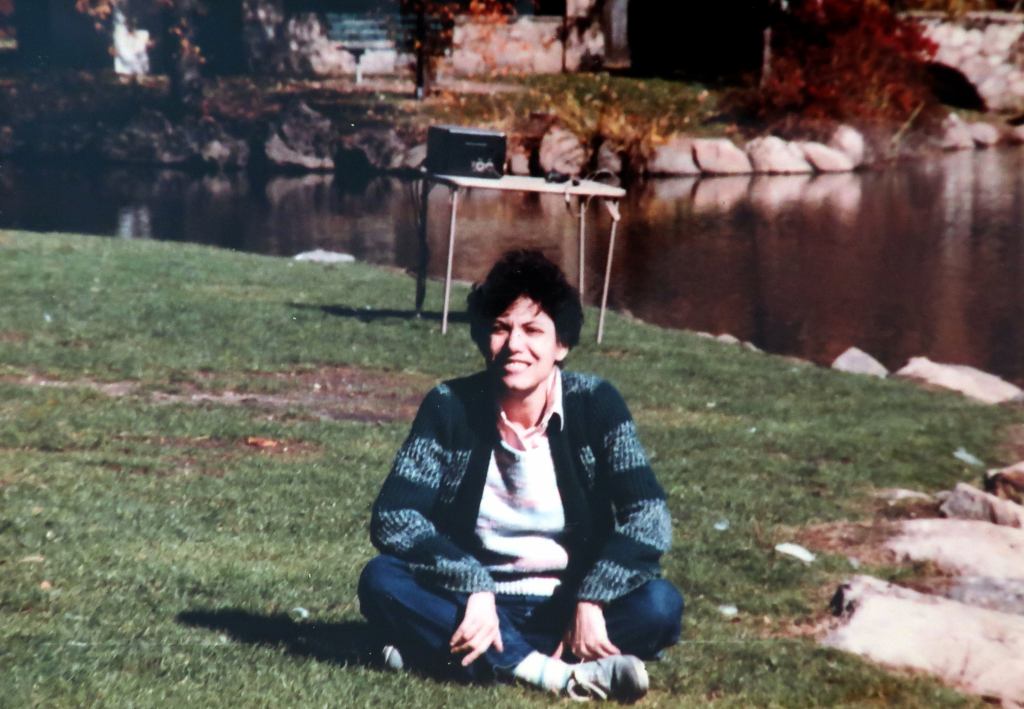
So I brought Ellen, my future wife, to Brooklyn. I met her at the airport with a stretch limousine on her second trip to the city (or maybe it was the first trip). I took for a very atypical tour of Brooklyn, through the ghettos of East New York, on to Park Slope for lunch, all through downtown Brooklyn and between the bridges before it was Dumbo, and which was a very different place at that time, and covering the Jewish community of Borough Park, before finally heading home to Mil Basin to my Grandmothers house.
The limousine chauffeur kept opening the door for us and I kept telling him to stop. It wasn't necessary for us Brooklyn people. The driver was a balding middle ages slightly pudgy black fellow and he seemed to enjoyed the trip and my accompanying social commentary as much as Ellen. I loved Ellen so much. She had such a great time being exposed to so much. I probably overloaded her. It was a bit to explain how anyone could feel connected to the rubble that was much of New York City at the time.
We got married a couple of years later, when Ellen was discharged from the Army, and we moved into the Yudkowitz house, to live in the basement. First it was Mother Yudkowitz, which was an older women who survived the death camps of the Holocaust. and who's mother tongue was Yiddish. Then her children moved in and took over, including Moshe, and his wife, Rochel, and the girls, Sorah-Leah, Chana-Riki, and Miriam Zohavelah, and the baby Devorah Esther. Rachel was a doll of a women who made me breakfast in the morning. The families virtually mixed. It was a good moment in our lives. And then Talyah was born, my oldest child.
Talyah Leah was a special baby. I loved her and still love her second only to the affection I had for my grandmother. Or maybe it is the other way around. Talyah was a smart loving baby from the very start who could walk a little after a year old and by the time she was two years old would follow me all over the neighborhood. When she was born, my mother was ecstatic!
After Talyah Leah's birth, my mother showed up at the door and unloaded two shopping carts of baby stuff for us. We didn't even have enough room to walk around this apartment and if we took in all that Hazaraoy, we would had needed to move the baby out to the driveway. Now I am between my mother and Ellen, Ellen quietly pushing for me to allow for all the stuff to be brought into the basement where we lived, and my mother nearly in tears feeling rejected for not allowing us to be flooded in a mountain of children's accessories. I don't know where she got all that stuff. When she was in her manic state, my mother could move mountains.
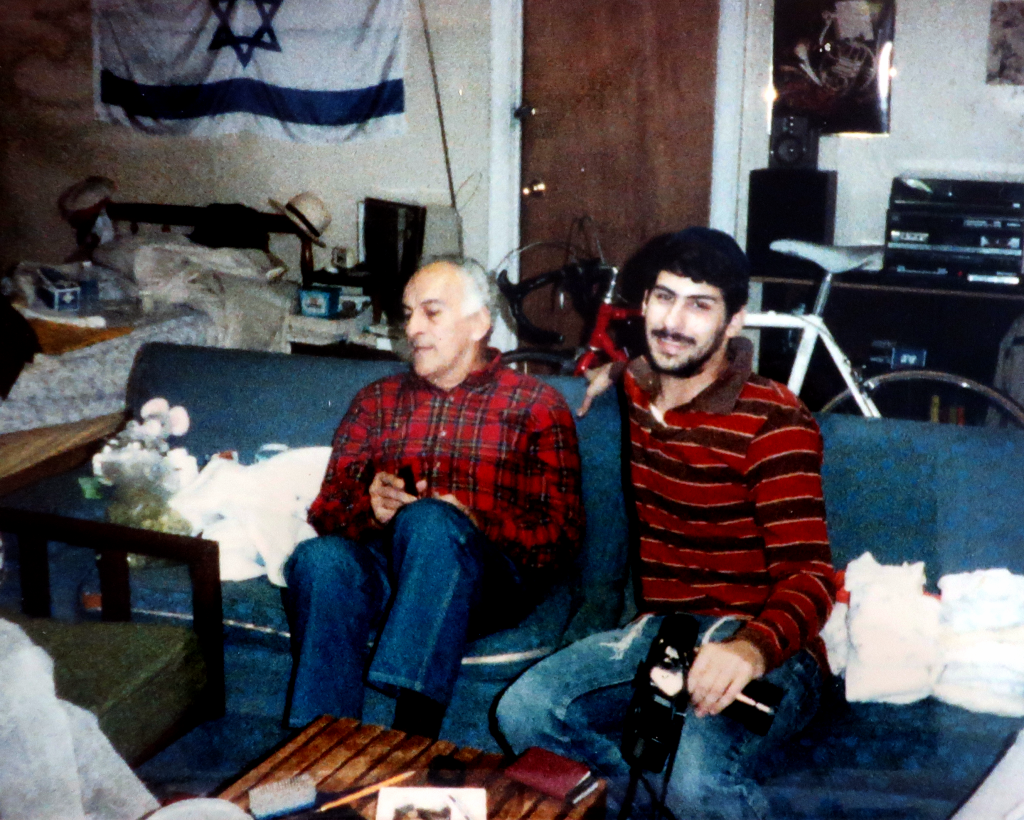
I finally managed to negotiate this charged emotional moment. But before that we invited Mara and my mother to the basement for a traditional Passover Seder. Boy, she had no clue what she was getting herself into but I was SOOOO proud to have her at our sedar, and to show off my beautiful young wife. It was the first time in a decade when we had a normal(ish) family gathering and it was everything I was working for, to provide a stable anchor for a family in perpetual turmoil and chaos. But Sedars are long, and the non-religious are not entirely prepared for the full on Sedar experience. At about 1AM I walked her to pay phones at the Bedford Avenue Bridge at Brooklyn College (the bridge is now gone...as are the payphones), and we waited for a cab to take her home to Starrett City, waiting in cold rain, and kissed goodbye. I didn't know it would be one of the last times we would see her.
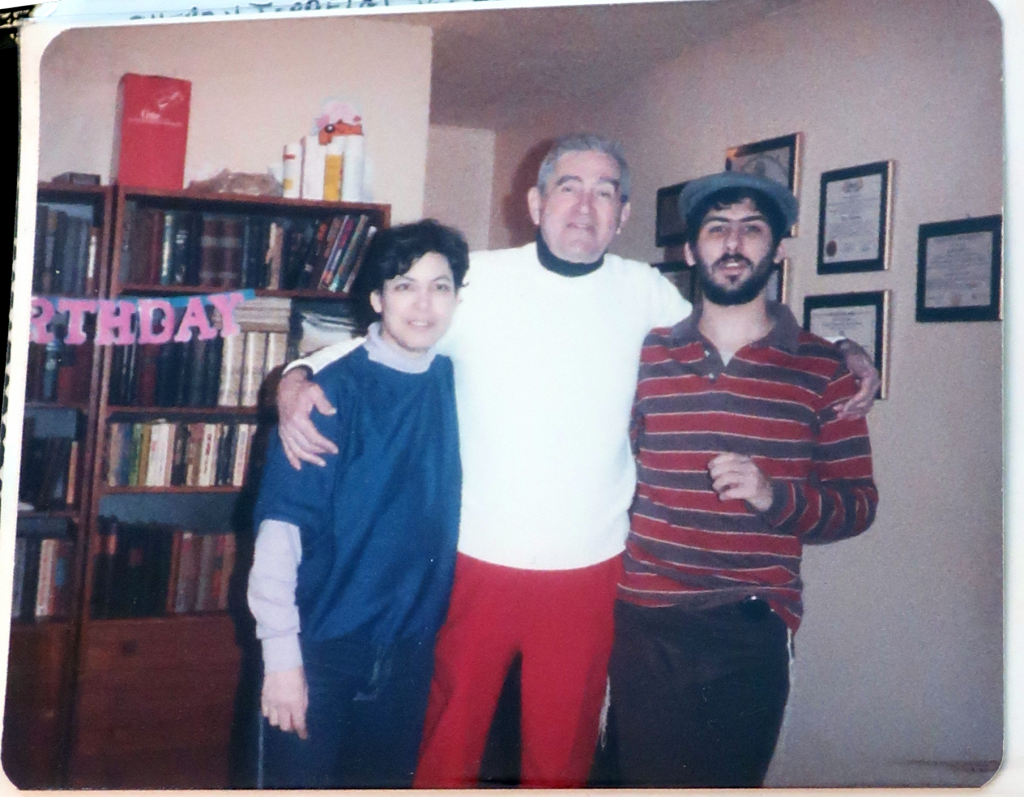
After Talyah's birth in that January, we were reaching a routine and on Shabbat. This particular Shabbat the phone rang several times during the day. It was Shabbat and we didn't pick it up. It was September and Havdalah ended a little past 8:30PM when I finally answered. Heidi was on the phone to tell me that mom was in the hospital (again) and this time the story was a little different. She was having trouble breathing and walking pneumonia and then had a huge headache and started pounding her head on the wall when she passed out on the floor, all but going comatose. I had doubts about Heidi's details, but hearing her voice, I had little doubts about the gravity of the situation.
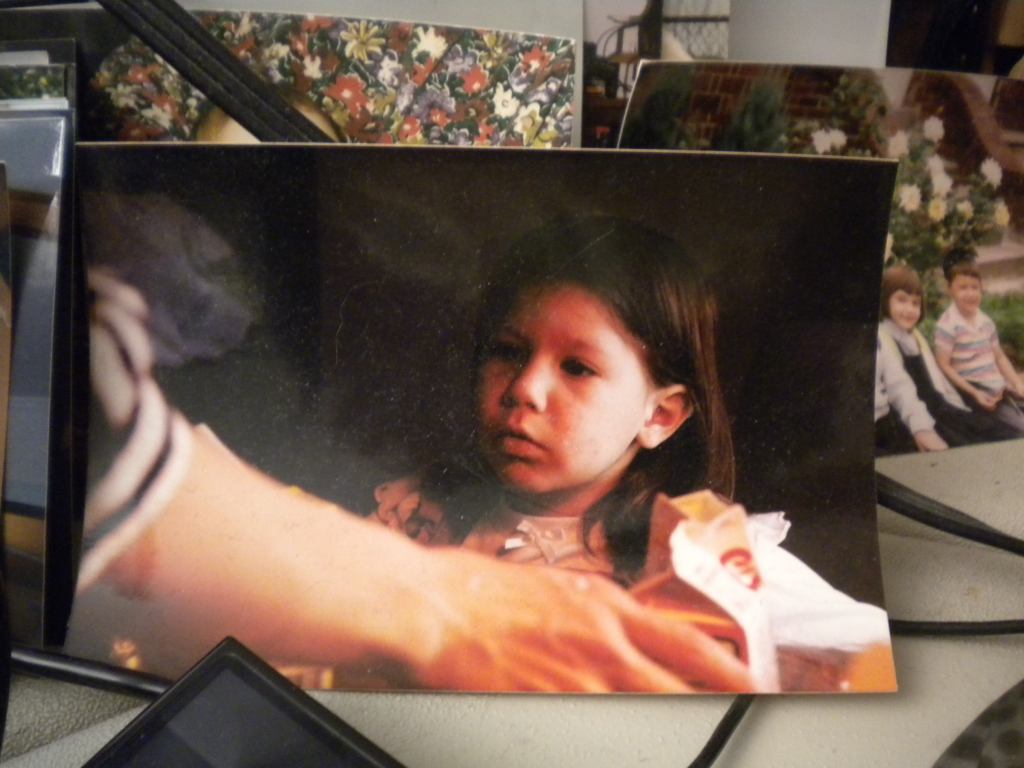
We had been through these events many times. I picked up and went to Brookdale hospital, wearing my Pharmacy smock, I plowed through the Ambulance doors, and found my mother where the resident on duty explained that mom was comatose and they didn't know why. As shabbos was ending many of the Jewish staff was coming onto duty. I gave them a medical history, and they finally gave her a spinal tap and it came back swimming with Strep Pneumonia. They finally started her on penicillin hours to late as she had been there for about 6 hours already. The prognosis was so bad, that I was devastated. She was only in her fourties and we just had them for Passover. It seems that slowly things were looking brighter for the entire family. Talyah's birth seemed to signal new beginnings, and it was all now coming crashing down, and there was not a damn thing we could do about it.
It was morning already and I went to my grandmothers house. One look at me she understood that I was reporting very very bad news. Her and I had been through this together many times, but this time as she stood on the top of her staircase I told her that this time there was not going to be a recovery. She threw herself onto the floor in a mixture of anger and tears. It was such a blur, I can't remember all the words or what we had. All I remember was having a powow around her small kitchen table, the three of us, Esther, Al and myself. Esther had those blue coffee cups that lasted until her death. I do remember that I ended up with in my grandfather's Oldsmobile heading back at the hospital. Esther must have been there as well because she wanted to sue Brookdale for negligence. They explained that they weren't going to check Sherry into the hospital proper or give her a bed because they were better equipped for her care in the ER than on the medical floors. She was incubated and I was not sure she was even breathing at this point. Her hand was cold. We got the update and on the way home and Esther said she wanted to sue. I squashed it. I told her my mothers entire life was a string of tragedies, and if she dies I want it to end. Blaming the hospital wasn't going to bring her back and the fact that she lived as long as she had was a personnel accomplishment that my grandmother needed to take satisfaction and pride in. This day was inevitable. Esther gave mom a whole 46 years which she would never have had otherwise. Somehow these words didn't have much affect on Esther at the time. The feelings were too raw.
We returned to the house and my grandparents phone rings. My wife, Ellen, was on the phone in a complete panic. Weeks before my mother was babysitting Talyah and despite the weeks of time separating events, she was convinced that Talyah was infected as well. I told her to calm down, that Talyah is fine, but Ellen wouldn't be satisfied and yelled on the phone that she was going to the Coney Island Hospital ER with the baby because the baby was crying continually. The baby was crying because her mother was having a panic attack. I started to lean into her on the her pleading, "Don't do this! I'm with my grandparents and their daughter is dyeing. This is a family crisis and I can't do this now. You're not being rational and your upsetting the baby!".
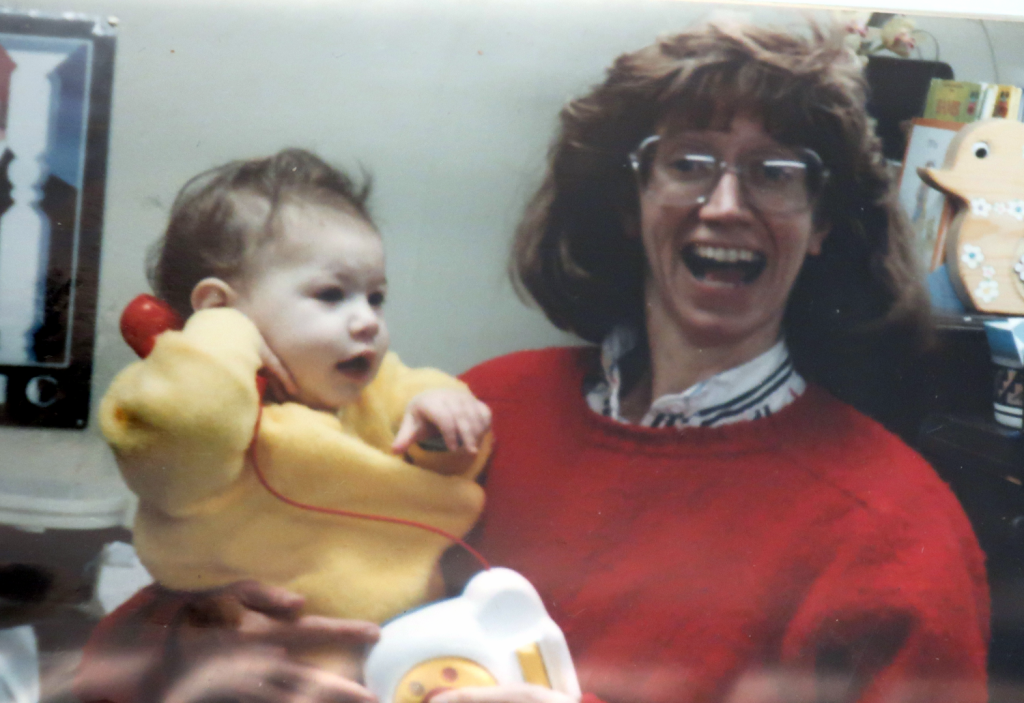
My grandmother immediately sobered up, and with the tears gone she told me to not worry and urged me to go join my wife. I told Ellen to remain at the house and I'm on my way back to the house in Midwood. I was driving a car borrowed from a friend at the time. I got there just in time to see Ellen with the Baby getting into an ambulance shouting at me that she was going to the ER at Coney Island. I followed the ambulance to Coney Island Hospital and when we arrived the doctors took in the baby with Ellen raving at them in tears how her perfectly healthy baby was dying from a mysteries infection because the child was exposed to my mother, all of which was completely wrong. As one can expect, they took no chances. Hospitals take no risks in these situations. They took the baby in and after about 30 minutes of not finding any symptoms other than a sore throat and red cheeks from crying for several hours. The baby continued to be manhandled and probed and prodded by strangers in white coats. They told me they wanted to do a spinal tap on my 7 month old infant child. A few hours ago they were afraid to do a spinal tap on my mother, but here they couldn't wait to test all their new equipment and skills. Different hospitals, different cultures. I looked at the young male doctor and said to him, what are you talking about, you have no symptoms. The kid doctor looked at me and said, well she was expose to someone currently suffering meningitis. So we need to be careful. I asked him how long can this incubate for. She hadn't seen my mother for weeks. This MD would not be deterred. A spinal tap is not a procedure without risk, especially if the child is actually infected. But they insisted and I finally conceded to them to do the procedure. Meanwhile, they set the baby up in an isolation unit without and human touch or contact for the first time in her life. It broke my heart to see Talyah crying in the steal crib, behind the glass in the infectious disease clinic. And I was exhausted, not sleeping in almost 2 days, and emotionally drained. I had very little left. Such a horror... in so many ways and in so many ways I was feeling so alone.
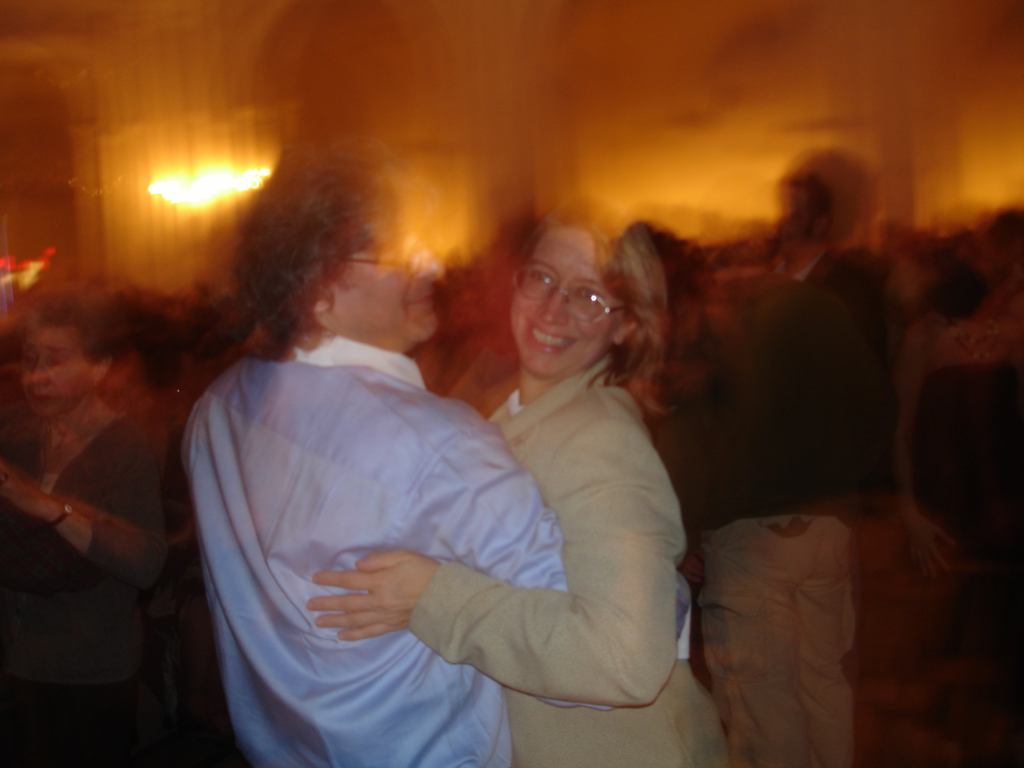
They took the spinal tap and it came back, as expected, clean. I am so tired now, and even my deep wells of compassion and experience with family crisis was pushed to its limit. The doctors came and said they want to start the child on chloramphenicol as a precaution. That was it, I was finished with them. Chloramphenicol was a drug of last resort because it has a positively lethal track record and serious potential side effects. The MD was pleading to use it and I rejected it. I told him that he is not using a potentially deadly drug on my daughter for a ghost disease that doesn't exist. At this point, the state's children services officer warned me that she would open an investigation if I didn't cooperate with treatment. I had a few choice words for her and told her if she wants the baby just take it. I am sure the foster care program in the state of New York could take care of the baby better than I could. Then I turned my attention back to the MD and asked him if he had any clinical evidence for disease at all. He admitted that he had nothing more than crying and a sore throat which even he admitted that it was because the baby was being abused. I allowed them to use cephalsporins or penicillin for the next 24 hours while the baby was under observation and that was it. Talyah stayed in the hospital for the next 24 hours and they found nothing and I then checked her out of the hospital against medical advice.
At this junction, while the baby was under observation, I took Ellen home, and returned to my grandparents. My mother had died. We had to identify the body. My mother was lifeless on a gurney, shriveled up with deformity about her mouth and teeth, barely recognizable. Lifeless, resembling more like roadkill than my loving mother. They returned her to the morgue and we returned to my grandmothers house. Esther cried and shook. I was exhausted and had no more tears left, feeling largely blank and numb. Everyone in my life was suffering. My wife was out of her wits. My grandmother is deep mourning and in pain reliving her whole life. My grandfather was stretching himself to be strong, and my daughter was alone and confused in the infectious disease area of the Coney Island Hospital emergency room. I felt most sorry for the infant child.
We muddled through the next few days. Taly came home and my grandfather and I made funeral arraignments at Parkside Chapels on Flatbush Avenue. The funeral home was trying their shtick of selling up all the services. I was satisfied with a pine box for a coffin but my Grandfather chose a more decorative coffin, perhaps oak with a design. He said that Sherry deserved a little bit more respectful funeral for once. I think he was a little disappointed in my original choice, although he never said anything.
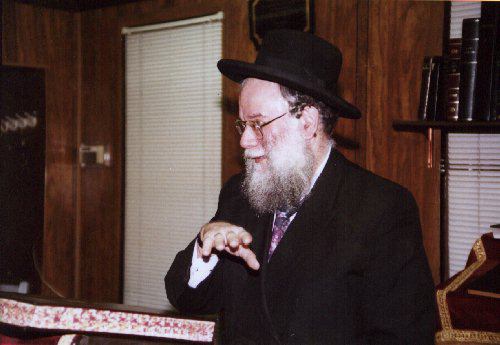
The funeral was on a Friday morning before Shabbat. My Rav, Rabbi Schmuel Zev Friedman, (who I named Schmueli after btw) made the eulogy very elegantly at the funeral home. There was a huge turnout. Most had never seen a real Rav up close before, and Rabbi Friedman is a tall Abraham Lincoln type. He is tall and lanky. The crowd was very skeptical. The request for separate seating was met with a touch of outrage. But then he began speaking and his words, which I don't remember any longer, were warm, Jewish, loving and he affected every individual in the chapel, and we came together in unity as a congregation together in grief over the loss of such a loving and caring young women, my mother, Sherry Iris Israeloff, who should know, if she could that I was very proud of her, and despite all the turmoil, a life of turmoil, that I loved her greatly. And it was at the funeral where I finally allowed myself to cry. My friend Zev Budnitz went to the burial site in New Jersey (Cedar Park). We said Tehillim. Gramps said Aishes Chayal. I had avoided using that because it is said every Shabbat at the evening meals. But he had returned to it.
An Accomplished Women - where can we find. Far beyound pearls is her value.
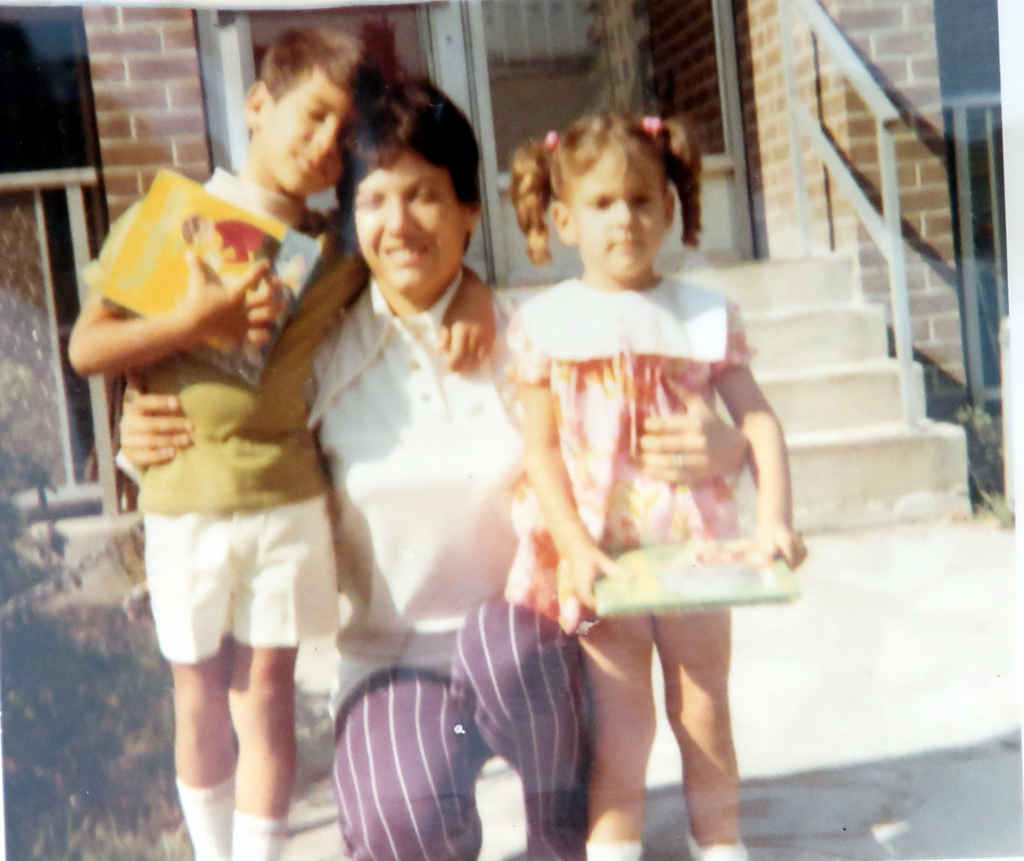
We buried her. Into the grave site I put in a few books of Torah, which needed to be buried. The Sidur that I had been using from my time in the Army, everyday, until that moment went into her grave. It was worn and well used and I dropped it into pit before we covered her up. I had help. We all had a some shovels, and I filled it to the top with the help of a family member who I don't recall at this point. It was a light rain and a little muddy.
Today I cry for them all. I cry for Sherry and Grandma Esther, and Grandpa Al, and for my daughter Talyah (who is still alive) and for my ex-wife Ellen, who I still love.
That day I cried for Heidi and I cried for Mara who was now all alone, and for Rani who was all but orphaned. Sweet Rani was so young and so innocent.
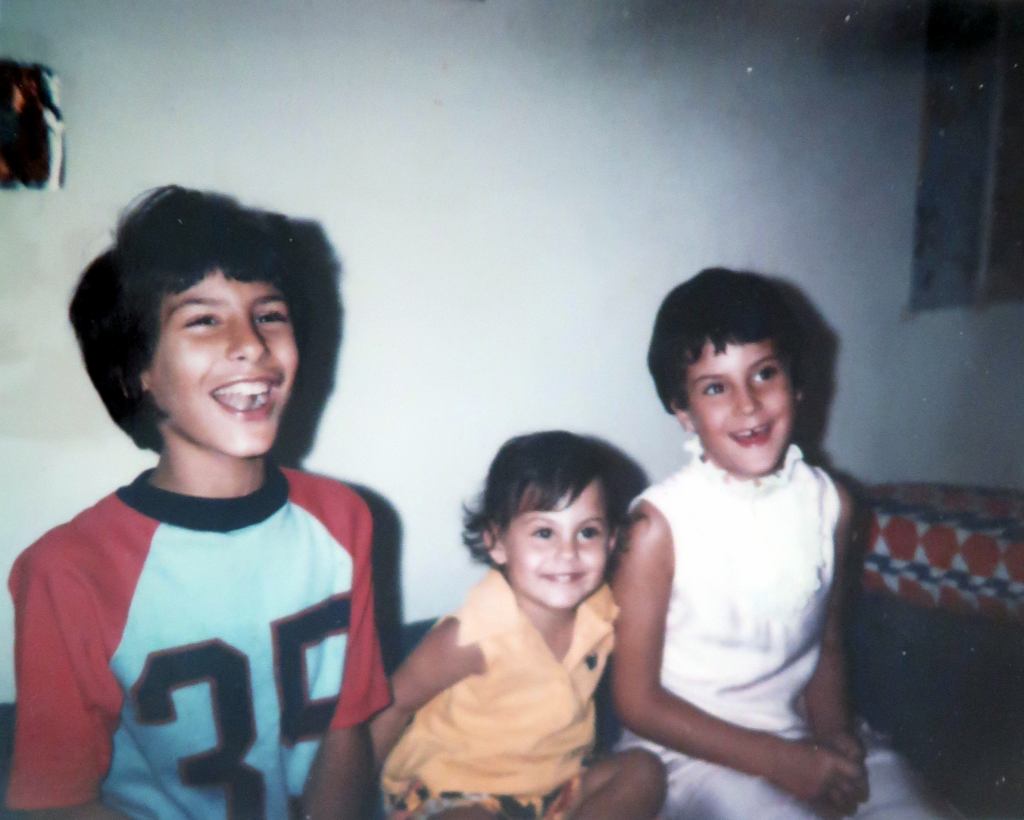
I still cry for them all, I thank my mother for my life and for the sense of compassion that I learned from you. I don't regret any of it over our lives and through all the misadventures. We are family.
Today, Sherry has grandchildren and great grandchildren, more than I know. On our side we have Yaakov Gavriel and Yoseph Rafeal. And we have Yedidya, and Daniel and Akiva. They are all her great grandchildren and you just know it when you talk with them. It is a very strong family. As Esther would say, we have good DNA... with a little help from above.
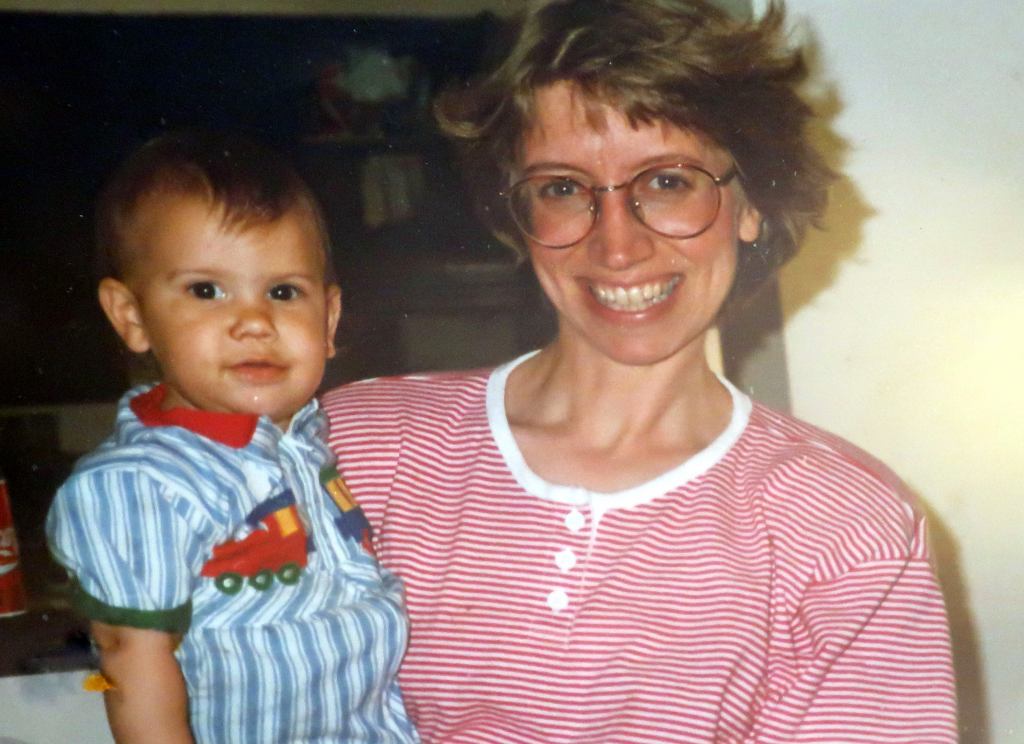
Years later, at Seena's house, we saw pictures of Esther's fathers funeral. Esther was amazed, and looked over them for quite some time. They had meaning to her that they didn't for anyone else, except maybe her sisters. And that leads to another story that I will not tell right now. But it is worthy to reminisce and to try to get perspective. Our lives are shorter than we think, and our importance in the grand scheme of the world is even less than we can imagine. Once I was riding my bicycle to Fort Hamilton from Grampa's house in Mill Basin. I stopped at a synagogue on Avenue U for Shachriet. There was a man there in tears crying. He had just lost his father. I offered traditional condolences that he should join us all in the days to come, in Jerusalem with all the mourners. He looks up to me, sobering, and pulled on his beard with steal grey and bloodshot eyes, and he said between the tears with such gentleness, "we live 80 years if we are lucky and can survive Auswitz. But at the end all we have is a few Mitzvots".
Esther always said that nobody would believe our stories and that I
should write them up in a novel. I'm not much of a writer and a novel
is probably beyond my grasp, but I hope that this is a down payment on
that promise.
